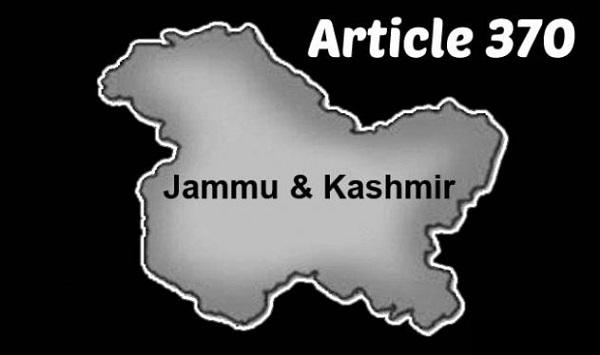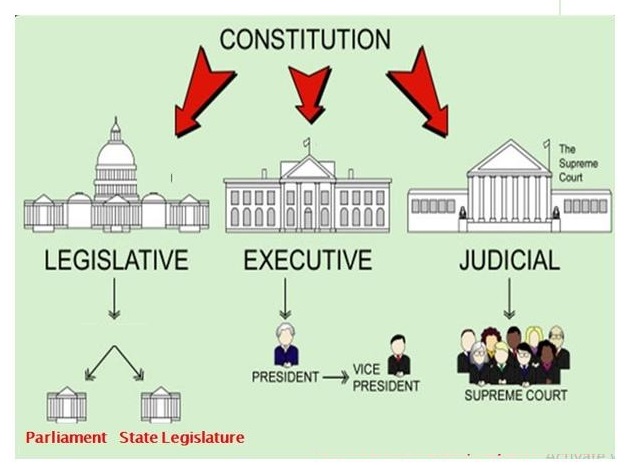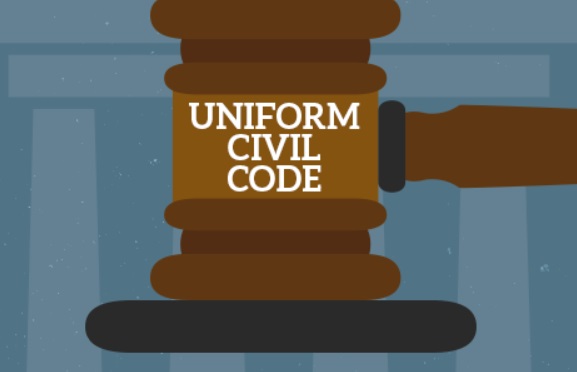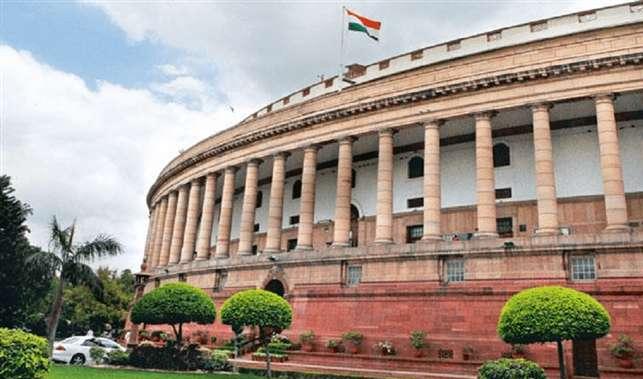Updated By: LatestGKGS Desk
Constitution of India Article 370 Provision, Temporary Status, Role in Integrity

Constitution of India Article 370 Provisions, Status, Historical facts, Role of Shariat Law, Agreements between Jawaharlal Nehru and Maharaja Hari Singh, Controversies
Article 370 provides certain provisions to the state of Jammu and Kashmir, giving it special autonomy.
Article 370 of the Indian Constitution is a temporary provision which grants special autonomous status to Jammu & Kashmir.
After partition, Pakistan unfairly attacked Jammu and Kashmir and due to a weak armed force, Hari Singh was forced to ask India for help. India agreed to help only if Jammu and Kashmir would merge with India.
Under Part 11 of the Constitution of India, which deals with Temporary, Transitional and Special provisions the state of Jammu & Kashmir has been accorded special status under Article 370.
There was an agreement signed between Maharaja Hari Singh and Jawahar Lal Nehru on 26 October 1947. And also a special privilege was given to the citizens of J & K under Article 370
According to this article, except for defense, foreign affairs, finance and communications, Parliament needs the state government's concurrence for applying all other laws.
All the provisions of the Constitution which are applicable to other states are not applicable to J&K.
For example, till 1965, J&K had a Sadr-e-Riyasat for governor and prime minister in place of the chief minister.
Article 370 of the constitution of India gives special privilege to the J & K citizens which are :
The Jammu and Kashmir citizens have dual citizenship.
The term period of Jammu and Kashmir legislative assembly is of 6 years unlike that of other states of India.
The order of Supreme court is not valid in Jammu and Kashmir.
Only a permanent resident of Kashmir can own a land in Kashmir. No outsider can have a land in Kashmir.
All the bills passed by the parliament should also have to pass by the State government.
Many claims that the article is gender biased as it gives more benefits to men, not to women but this is only for the land and marriage case.


